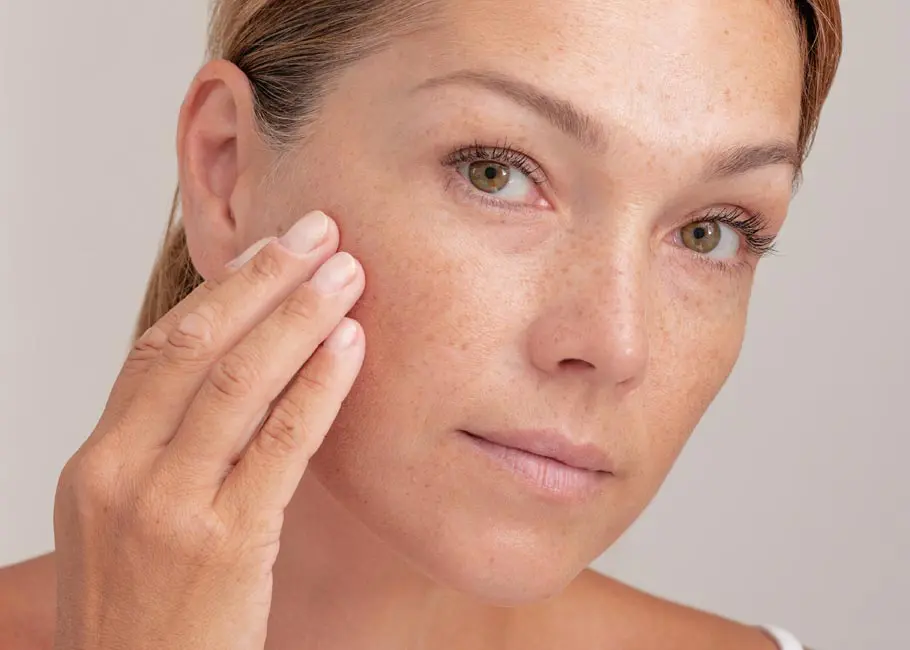Conditions
Pigmentation

The main content of pigmentation typically includes explanations of its causes, types, and management strategies. Discussions cover factors like sun exposure, hormonal changes, genetics, and skin conditions contributing to pigmentation issues. Types of pigmentation, such as hyperpigmentation (darkening) and hypopigmentation (lightening), are described, along with their appearance and distribution on the skin. Management strategies include sun protection, skincare products containing ingredients like hydroquinone or retinoids, cosmetic procedures like chemical peels, laser therapy, and microneedling, and lifestyle changes to minimize pigmentation issues and promote even skin tone.
How it works
Pigmentation refers to the color of the skin, determined by the production of melanin, a pigment produced by melanocytes in the skin. Various factors, such as genetics, sun exposure, hormonal changes, and skin conditions, can influence melanin production. Hyperpigmentation occurs when melanocytes produce excess melanin, leading to dark patches or spots on the skin, while hypopigmentation results in lighter areas. Management involves sun protection, skincare products containing ingredients like hydroquinone or retinoids to regulate melanin production, cosmetic procedures like chemical peels, laser therapy, and microneedling to target pigmentation irregularities, and lifestyle changes to minimize pigmentation issues and promote even skin tone.
Why You’re The Best
I aim to provide clear, concise, and accurate information about Pigmentation and their mechanisms of action. My responses are tailored to your inquiries, offering detailed explanations of how these products work to reduce sweating effectively. Additionally, I’m available 24/7 to provide reliable information and assistance whenever you need it, helping you make informed decisions about managing excessive sweating.
What is pigmentation?
Explanation of pigmentation as the color of the skin, determined by the production of melanin, a pigment produced by melanocytes in the skin.
What causes pigmentation issues?
Discussion of factors contributing to pigmentation problems, including sun exposure, hormonal changes (e.g., pregnancy, birth control pills), genetics, skin conditions (e.g., melasma, post-inflammatory hyperpigmentation), and certain medications.
What are the types of pigmentation?
Overview of hyperpigmentation (excess melanin leading to dark patches or spots) and hypopigmentation (reduced melanin leading to lighter areas), along with common conditions like melasma, sunspots, and vitiligo.
Can pigmentation issues be prevented?
Tips on prevention strategies such as sun protection with broad-spectrum sunscreen, protective clothing, and hats, avoiding excessive sun exposure, and minimizing hormonal fluctuations with birth control methods or hormone therapy.
What skincare products are best for treating pigmentation?
Overview of skincare ingredients like hydroquinone, retinoids, vitamin C, niacinamide, azelaic acid, and alpha hydroxy acids to regulate melanin production, lighten dark spots, and promote even skin tone.
Book a Consultation